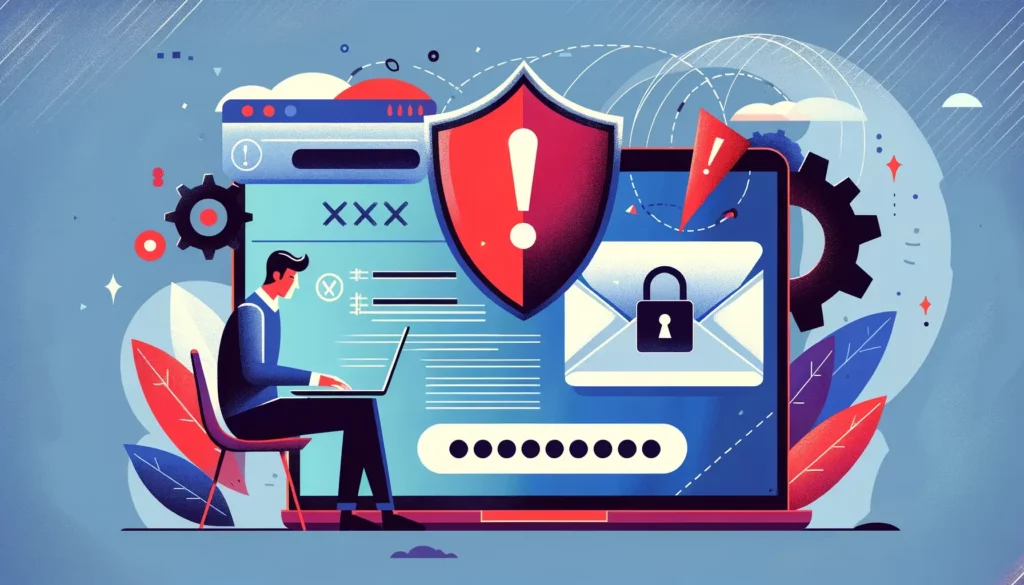In today’s digital age, email remains one of the most widely used forms of communication, both for personal and business purposes. However, with its popularity comes a significant risk: cyber threats. Malware, phishing attacks, and other malicious activities can compromise sensitive information and lead to severe consequences. This is where robust anti-virus protection in email hosting plays a crucial role. Here’s an in-depth look at the importance of anti-virus protection in email hosting, how it works, and what features to consider.
-
Understanding the Threat Landscape
Before diving into the specifics of anti-virus protection, it’s essential to recognize the various threats that can infiltrate email systems, including:
– Malware: Malicious software, including viruses, worms, and Trojans, can be hidden in email attachments or links. When downloaded or clicked, this software can damage systems or steal sensitive data.
– Phishing Attacks: Cybercriminals often use email to impersonate legitimate entities, attempting to trick users into revealing personal information, such as passwords or credit card numbers.
– Spam and Robocalls: Spam emails can overwhelm inboxes and, in some cases, contain malicious links or attachments that pose a security risk.
– Ransomware: This type of malware encrypts files and demands payment for their release. It often spreads through email attachments or links disguised as legitimate content.
-
Features of Anti-Virus Protection in Email Hosting
Effective anti-virus protection in email hosting should encompass several key features:
– Real-Time Scanning: This feature continuously scans incoming and outgoing emails, attachments, and links for any signs of malware, helping to detect threats before they reach the inbox.
– Spam Filtering: Advanced filtering systems identify and automatically filter out spam emails, reducing the risk of phishing and unwanted solicitations.
– Attachment Scanning: Anti-virus software scans attachments to ensure they don’t contain harmful file types that could compromise security.
– Link Protection: Email hosting services can use link scanning technology that checks URLs within emails for potential threats before users click on them.
– Quarantine Capabilities: If a potential threat is detected, the anti-virus system can move the email to a quarantine folder, preventing accidental interaction with malicious content.
– Regular Updates: Cyber threats evolve rapidly, and anti-virus software must stay updated with the latest definitions and threat intelligence to protect against new vulnerabilities.
-
Benefits of Anti-Virus Protection in Email Hosting
The integration of robust anti-virus protection into email hosting offers several essential benefits:
– Increased Security: Continuous monitoring and immediate threat detection help safeguard sensitive data, reducing the risk of breaches and unauthorized access.
– Protecting Reputation: For businesses, a compromised email account can damage the organization’s reputation. Anti-virus protection reduces the likelihood of being classified as a spam sender due to compromised accounts.
– Productivity Preservation: Spam and malicious emails can divert resources and distract employees. Effective filtering and protection ensure employees can focus on legitimate communications.
– Compliance and Regulatory Requirements: Many businesses are subject to regulations regarding data protection, such as GDPR. Anti-virus measures help comply with these regulations and protect sensitive information.
-
Best Practices for Implementing Anti-Virus Protection
In addition to choosing an email hosting provider with strong anti-virus features, consider these best practices:
– User Training: Educate employees about the risks associated with emails, teaching them how to recognize phishing attempts and suspicious attachments.
– Multi-Factor Authentication (MFA): Implement MFA to add an extra layer of security to accounts, making it more difficult for hackers to gain unauthorized access.
– Regular Backups: Ensure regular backups of emails and data, so you have recovery options in case of a ransomware attack or data loss.
– Monitoring and Auditing: Regularly review accounts and access logs to identify any unauthorized access or unusual activity.

Conclusion
In an era where email communication is integral to personal and business interactions, the role of anti-virus protection in email hosting cannot be overstated. By offering real-time scanning, spam filtering, and continuous updates, anti-virus solutions help safeguard against a myriad of cyber threats. Implementing effective anti-virus measures, along with user education and best practices, creates a secure environment for email communication, protecting sensitive data and maintaining trust in digital interactions. For individuals and businesses alike, investing in robust email hosting with anti-virus protection is not just a precaution; it’s a necessity in safeguarding against the evolving landscape of cyber threats.

